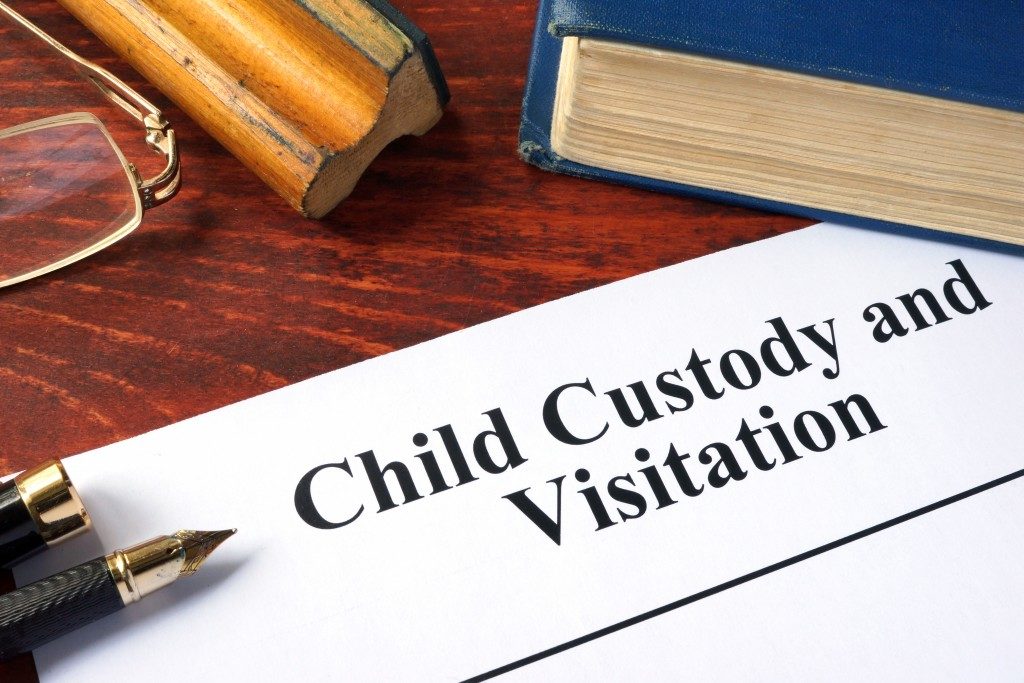Nobody wants to go through a divorce. The experience is stressful and traumatizing, especially to children. However, it’s inevitable. You need to establish a child custody arrangement to reduce the impact of seeing their parents part ways.
In Kent, as is with the rest in the state of Washington, you and your ex-spouse are allowed to work out a plan for your children. If you’re not able to, you can always get a child custody lawyer in Kent to help you.
The child custody arrangement is legally binding and is called the parenting plan. With the benefit of the child and you as a single parent, you will need to formulate it with your ex-spouse through negotiation or mediation. Otherwise, you will go to the family law court and have a judge decide who gets child custody.
With this in mind, it is essential to find out how Washington State determines who gets child custody before you go to court.
Provisions Affecting Child Custody in Washington State
In Washington, courts often consider the primary caregiver of the children as a critical factor. However, there are cases in which children might still end up residing with a parent who is not the main caregiver.
After child custody arrangement is all in place, you are considered the custodial parent if the judge decided that your children will live with you. If you’re the opposite, you are referred to as the non-custodial parent.
The court’s decision is considered with a balance of seven factors stated in the Revised Code of Washington 26.09.181, and they are as follows:

- The relationship between a child and each parent – its relative nature, stability, and strength.
- The agreement between you and your ex-spouse, provided both of you entered it voluntarily and knowingly.
- Each parent’s parenting functions, whether in the past and or potentially in the future. This includes the parent who has always taken greater responsibility in meeting the daily needs of the child;
- The developmental level and emotional needs of the child;
- If you have more than one child, the sibling relationship is considered, and so is their relationship with close relatives. Involvement with school and other activities and the physical surroundings are looked into as well.
- Children who are mature enough can express their wish and independent preferences about who they want to live with or how they want the residential schedule should be arranged.
- Finally, each parent’s schedule, including working hours and other activities, are also evaluated.
The court will come up with a decision based on these factors to serve the best interests of the child. This arrangement maintains a child’s physical care, health and stability, and emotional growth.
In some cases, a parent might not live up to the arrangement indicated in the parenting plan. In such an instance, you can follow the steps to resolving disputes, which are included in the parenting plan. If it doesn’t work, you can go to court again. Always consult an expert when you feel unsure.




